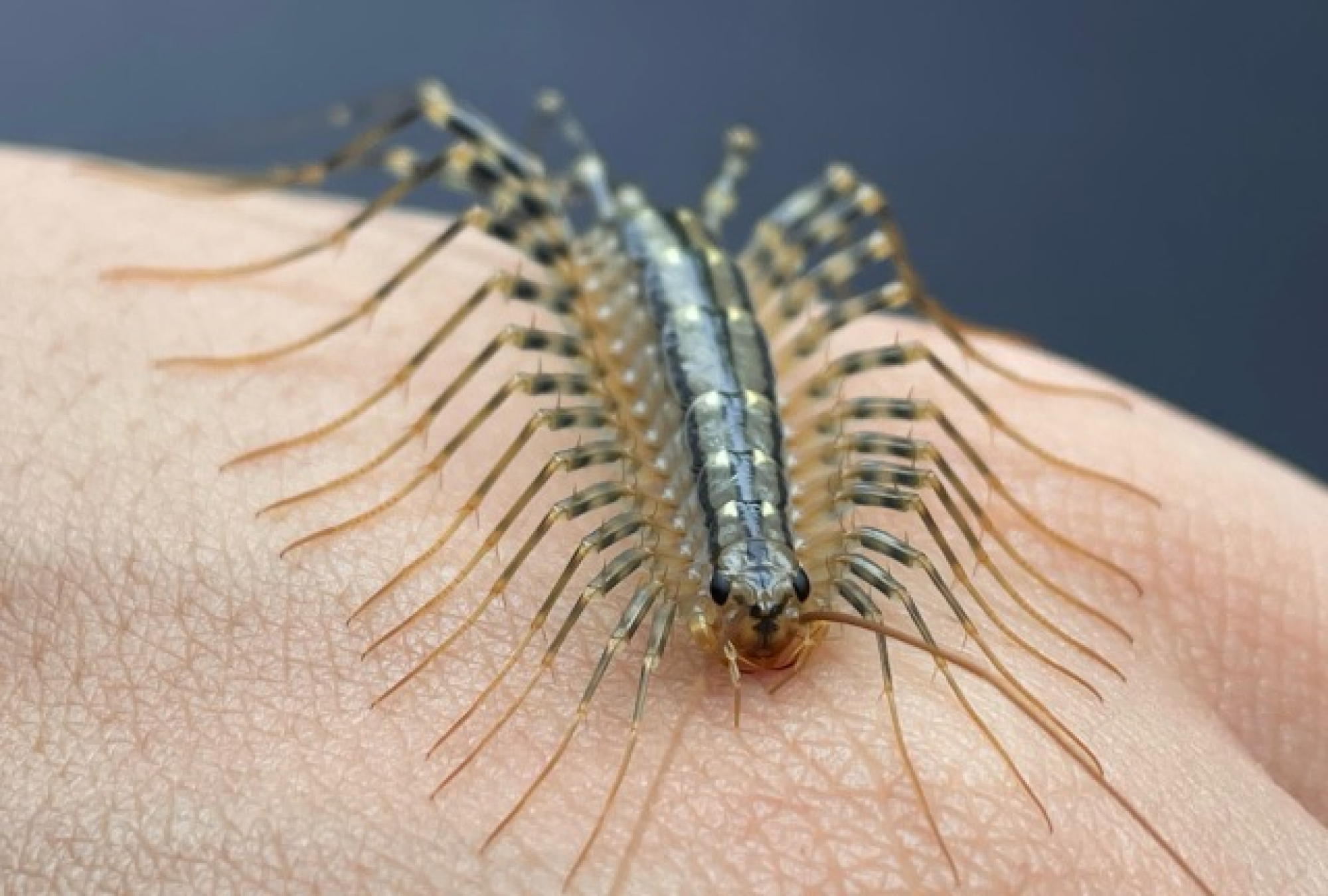When you spot a bug scuttling across your floor, your first instinct might be to grab a shoe and squash it. It’s natural to feel uneasy, especially when faced with creepy crawlers like centipedes. Their many legs and quick movements can be unsettling. However, before you act on impulse, you might want to reconsider your stance on these misunderstood creatures. House centipedes, despite their frightening appearance, are actually your home’s unsung heroes.
The First Encounter: Centipedes in Your Home
Finding a centipede inside your house can be a shocking experience. With their long legs and swift movements, they often cause alarm. But did you know that house centipedes are not just harmless to humans but can also be highly beneficial? These little critters are natural pest controllers, helping to rid your home of unwanted guests like cockroaches, silverfish, and even bed bugs.
Unlike some pests that spread germs or damage property, house centipedes are relatively clean and don’t carry diseases. They’re more interested in hunting other pests than bothering you. In fact, their presence could indicate that your home has other, more harmful insects they are feeding on.
Nature’s Pest Control in Action
House centipedes are voracious predators. They use their many legs to catch and immobilize other bugs, and their appetite for pests is impressive. If you’ve ever dealt with a cockroach infestation or struggled to keep ants out of your pantry, you might owe a debt of gratitude to the house centipede quietly working behind the scenes.
These creatures have a unique way of hunting. With venomous claws, they immobilize their prey quickly, targeting insects that can cause harm to humans or damage to property. By keeping other pest populations under control, centipedes reduce the need for chemical sprays or traps.
Why You Should Let Them Be
While it’s tempting to squash a centipede at first sight, letting it live can actually benefit your household. Killing a house centipede removes a natural pest controller and could lead to an increase in the very bugs you dislike even more. Instead of reaching for a shoe, consider guiding the centipede outside or simply leaving it alone. They’re solitary creatures and prefer to stay out of sight, so you’re unlikely to encounter them often.
If you’re concerned about an increase in centipede sightings, it’s worth examining your home for areas where pests might be entering. Reducing clutter, sealing cracks, and maintaining a clean living space can help minimize both centipedes and the pests they hunt.
Myths and Misunderstandings About Centipedes
Many people fear centipedes because of their appearance. With their long, segmented legs and fast movements, they seem like creatures straight out of a horror movie. However, they are far less dangerous than they look. While house centipedes can bite, their venom is harmless to humans and is used only to subdue prey. Most bites occur only when the centipede feels threatened, and even then, they’re rare.
Centipedes don’t spread bacteria like flies or cockroaches. Unlike other household pests, they don’t raid your food or chew through walls. They simply hunt other bugs and then retreat to dark corners to rest.
Other Pests to Watch Out For
While house centipedes are harmless and even helpful, there are other insects you should genuinely be cautious about. For example:
- Cockroaches: These pests carry bacteria that can contaminate food and surfaces.
- Mosquitoes: Known for spreading diseases like malaria and dengue, mosquitoes are among the deadliest insects worldwide.
- Fleas: These tiny pests cause itchy bites and can transmit diseases to both humans and pets.
- Termites: Responsible for billions of dollars in property damage each year, termites are a homeowner’s worst nightmare.
- Bed Bugs: These blood-sucking pests can cause sleepless nights and itchy bites.
Compared to these harmful pests, house centipedes seem like a blessing in disguise.
How to Coexist with Centipedes
If you’re not comfortable sharing your space with house centipedes, there are ways to coexist peacefully. Here are some tips:
- Seal Entry Points: Use caulk to seal cracks and gaps around windows, doors, and foundations.
- Reduce Moisture: Centipedes thrive in damp environments, so fix leaks and use a dehumidifier in basements and bathrooms.
- Declutter: Clear away piles of papers, boxes, and other hiding spots for pests.
- Maintain Cleanliness: Regularly vacuum and dust to reduce the presence of insects that attract centipedes.
A Final Word on Centipedes
House centipedes may not win any beauty contests, but they play an important role in keeping your home pest-free. The next time you see one darting across the floor, take a moment to appreciate its efforts. These misunderstood creatures are nature’s pest control, working tirelessly to keep your home safe from more harmful intruders.
By understanding the benefits they bring, you might find yourself hesitating before reaching for that shoe. Instead, consider letting them live, knowing they’re silently working to protect your space.

